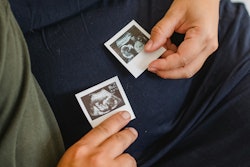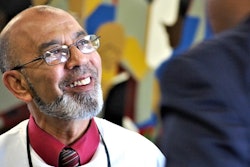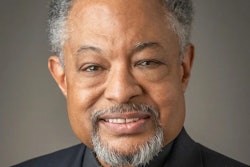University of Louisville Stakes Black Cancer Reduction Rates on Filling Endowed Chair
LOUISVILLE, Ky.
The University of Louisville will try to recruit a top national researcher for a position created last month to lead efforts to reduce cancer rates among Blacks. The university formed an endowed chair in oncology as part of a public-private partnership to boost cancer research and treatment.
The new position deepens another partnership between the university and Black leaders, in which the university will provide its expertise to try to alleviate nagging problems within the Black community (see Black Issues July 5, 2001).
University Provost Carol Garrison says the university will try to attract “one of the nation’s best and brightest” cancer researchers. The researcher will try to uncover the genetic, socioeconomic and environmental factors that contribute to disproportionate cancer rates among Blacks, she says.
“The long-term goal in creating this chair is to identify more effective ways to reduce cancer in minority populations,” she says.
University officials did not put a time frame on hiring the researcher. The position will be funded with $1 million of a $15 million pledge from the James Graham Brown Foundation, which the university intends to match with money from the state’s “bucks for brains” program, Garrison says.
The search is already under way, but it could be up to three years before the position is filled because the salary will come from the interest from the endowment, says university spokeswoman Denise Fitzpatrick.
Dr. Donald Miller, director of the university’s James Graham Brown Cancer Center, says Kentucky is a national leader in cancer rates and death. That risk is greater among minorities, he said.
“In almost every instance, the risk of developing cancer and the risk of having inadequate medical care is higher in minority populations, both Afro-American urban poor and rural poor,” he says. “We believe that we have an ethical and moral responsibility to help understand the reasons for this disparity and to begin to develop measures to change that.”
Miller predicted the research would put Louisville “on the map as the place that not only has many of the problems, but also has many of the answers.”
The researcher will be based at the Brown Cancer Center and will work with the university’s medical center partners, Jewish Hospital Healthcare Services and Norton’s Healthcare Network.
© Copyright 2005 by DiverseEducation.com





















